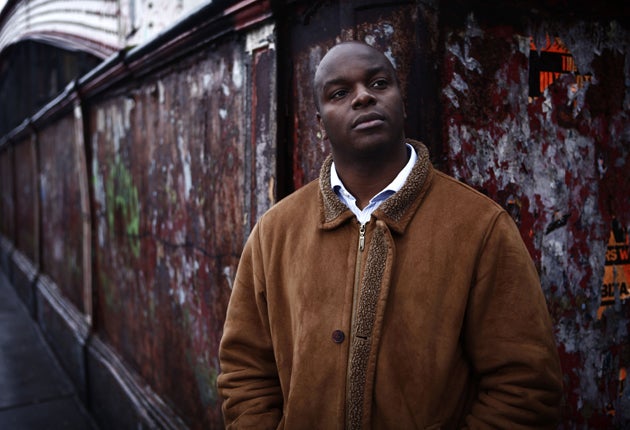Tory rising stars that lost their lustre in the election's harsh light

They were meant to be the bright young stars of a Cameron government, but only half of the Tory "A-list" candidates in target seats defeated incumbent Labour and Liberal Democrat MPs to make it to Westminster.
The list of preferred candidates was drawn up to increase the number of female and ethnic minority MPs and fast-track rising stars after David Cameron became party leader in 2005.
There was heartbreak for Shaun Bailey in Hammersmith, west London, where the young black youth worker – heavily endorsed by the Tory leadership who endorsed his campaign with vast sums of money and personal visits – lost to Labour's Andy Slaughter. Mr Bailey has strong ideas on how to tackle disillusioned youth and had been seen as the personification of Mr Cameron's "Big Society" idea.
There was a high-profile failure in Westminster North for Joanne Cash, a 39-year-old barrister, close friend of Mr Cameron and wife of one of his Eton contemporaries, had hoped to overturn a notional Labour majority of 3,021. She had been widely tipped for a future Cabinet role.
However, in February she clashed with the local party and briefly stood down before an intervention by the Conservative head office saw the local party chairwoman resign instead.
Both Mr Bailey and Ms Cash had featured prominently in glossy magazine coverage as the changing face of the Conservative Party.
The Liberal Democrats increased their majority in Sutton and Cheam: Philippa Stroud, the head of Iain Duncan Smith's Centre for Social Justice and a key contributor to the development of Tory social policy, lost after unfavourable newspaper headlines in the last week of her campaign. In several seats, A-list candidates failed to defeat the Liberal Democrats.
In Cheltenham, Mark Coote needed a notional swing of just 0.3 per cent but lost by nearly 5,000 votes. Wilfred Emmanuel-Jones, the self-styled "Black Farmer", was unsuccessful in nearby Chippenham. In Eastleigh, Maria Hutchings, the mother of an autistic child who berated Tony Blair on a television discussion programme in 2005, was unable to win a seat that was 11th on the list of Tory targets.
But years of canvassing paid off for other "A-listers". The "chick-lit" author Louise Bagshawe fared better against an incumbent Labour MP, winning Corby on a 3.4 per cent swing.
Sam Gymiah, a black 33-year-old former CBI entrepreneur of the year, scored a substantial majority in Surrey East, and close Cameron ally Nicholas Bole, former director of the think tank Policy Exchange, won the safe seat of Grantham and Stamford. He is expected to figure prominently in Mr Cameron's circle of close aides.
Elizabeth Truss won South West Norfolk with a huge majority of more than 20,000. She had previously survived an attempt by local party members to have her de-selected following revelations that she had an affair with a Tory frontbencher.
Join our commenting forum
Join thought-provoking conversations, follow other Independent readers and see their replies
Comments